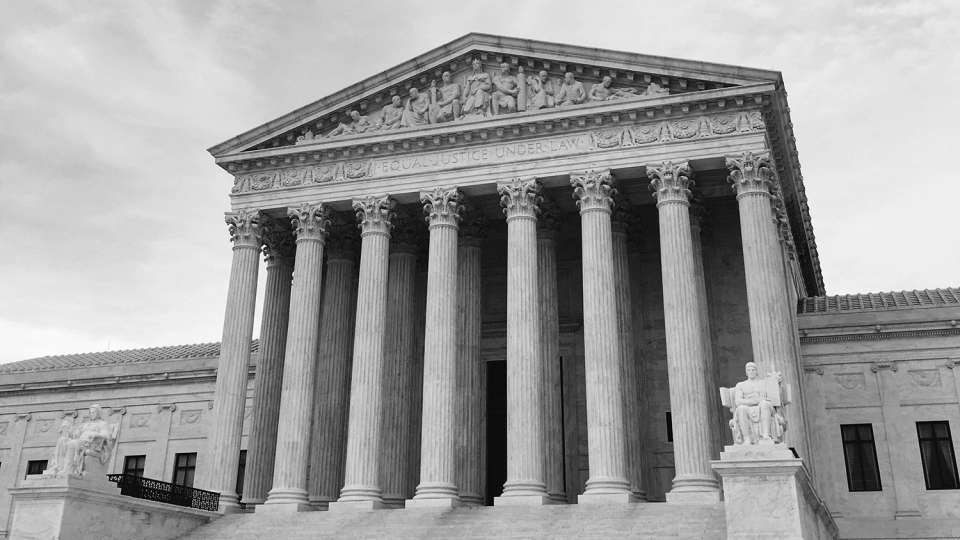On April 24, 2019, the U.S. Supreme Court held in Lamps Plus v. Varela that under the Federal Arbitration Act (“FAA”), class arbitration is only permitted when explicitly provided for in arbitration agreements. The 5-4 decision written by Chief Justice Roberts, and joined by the conservative-leaning justices, overturned the Ninth Circuit’s ruling and conclusively established that “neither silence nor ambiguity” is sufficient to evidence consent to class arbitration.
Factual Background
In this case, Lamps Plus, Inc., suffered a data breach that resulted in the disclosure of 1,300 employees’ tax information. Frank Varela, an employee, filed a class action against Lamps Plus on behalf of all employees whose information had been compromised. Lamps Plus moved to compel individual arbitration based on the arbitration agreement in their employment contracts. Varela argued, and the district court and Ninth Circuit agreed, that though he was bound by the arbitration provision, he could proceed with class arbitration because the agreement was ambiguous as to whether it permitted class arbitration.
Reasoning
The Ninth circuit’s reasoning, which was ultimately overturned by the Supreme Court, relied upon the contra proferentem principle of contract interpretation to construe the vaguely worded arbitration provision against the contract drafter, in this case, Lamps Plus. The Supreme Court flatly rejected this approach as “inconsistent with the foundational FAA principal that arbitration is a matter of consent” (internal quotations omitted). It said the contra proferentem doctrine “cannot be applied to impose class arbitration in the absence of the parties’ consent”.
The majority emphasized that “[c]onsent is essential under the FAA because arbitrators wield only the authority they are given.” In doing so, it referred to its previous decision in Stolt-Nielsen v. AnimalFeeds Int’l Corp., where it held silence was insufficient to infer consent to class arbitration. In Lamps Plus v. Varela, the Supreme Court underscored that class arbitration is a “fundamental change” from individual arbitration which “sacrifices the principal advantage of arbitration – its informality”.
Key Takeaways
This decision is especially significant in the realm of data breach litigation because informational injury is often so difficult to prove and the actual damages per individual harmed are often quite low. Without class arbitration as an option, potential plaintiffs bound by arbitration agreements may be less inclined to expend the time and money to pursue their claims.
Going forward, companies would be wise to review their arbitration provisions and ensure they are not expressly permitting class arbitration unless that was their intent.





